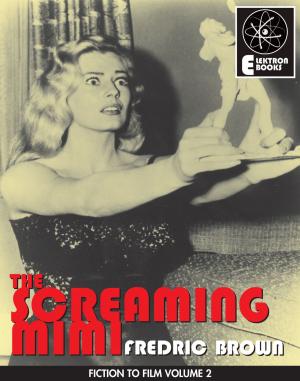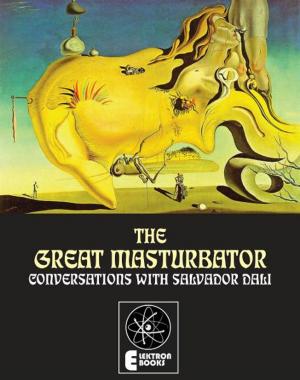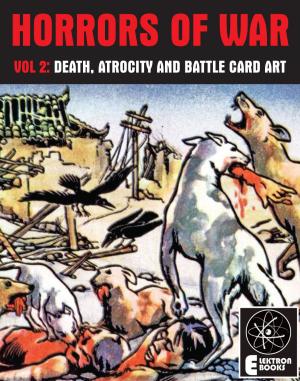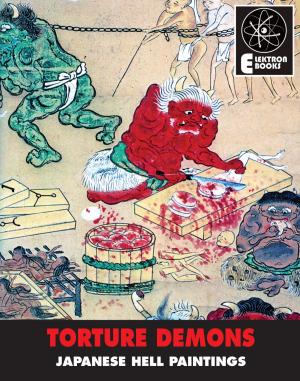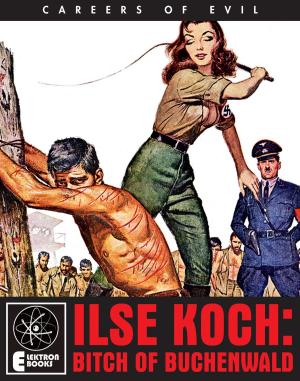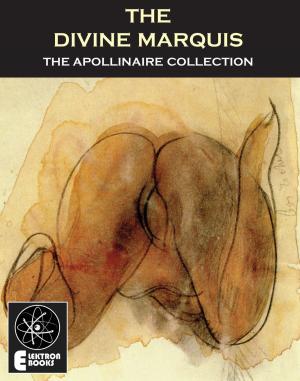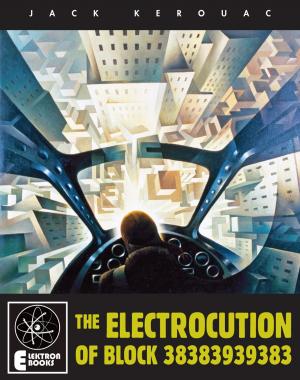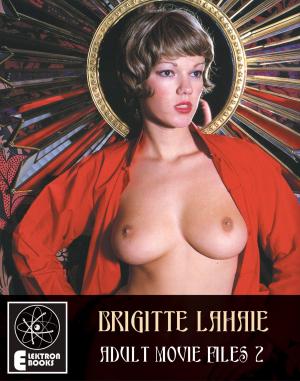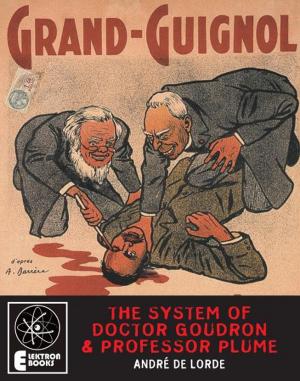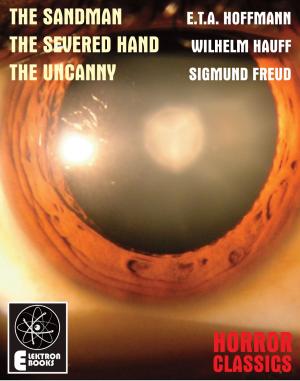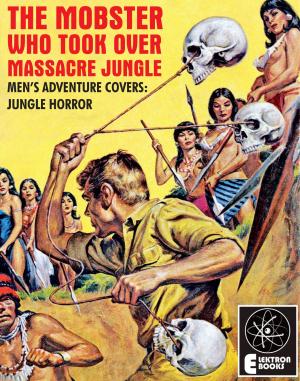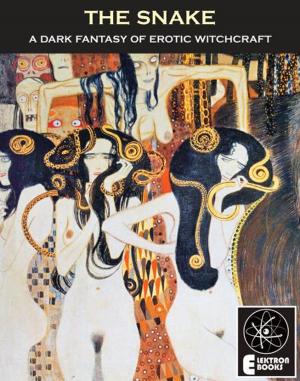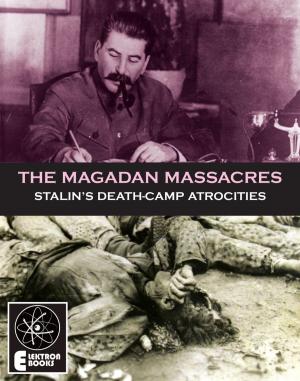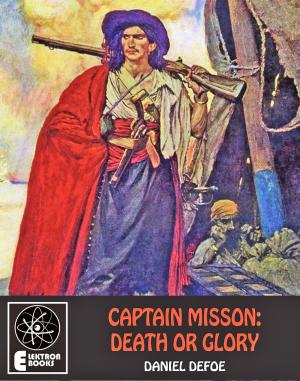The Massacre Game
Pasolini: Terminal Film, Text, Words
Nonfiction, Entertainment, Performing Arts, Film| Author: | Stephen Barber | ISBN: | 9781909923072 |
| Publisher: | Elektron Ebooks | Publication: | January 5, 2010 |
| Imprint: | Elektron Ebooks | Language: | English |
| Author: | Stephen Barber |
| ISBN: | 9781909923072 |
| Publisher: | Elektron Ebooks |
| Publication: | January 5, 2010 |
| Imprint: | Elektron Ebooks |
| Language: | English |
Pier Paolo Pasolini's final year of life before his brutal murder is an extreme, intensive and accumulating period. While propelling himself into a position of polemical violence and political danger with his Pirate's Writings for prominent newspapers, he also gave numerous interviews that prefigured and even imagined his oncoming death, wrote essays and fragments, and conceived and shot his most brilliant and inspirational film, "Salò", while preparing its equally provocative follow-up, "Porno-Teo-Kolossal". At the same time, he pursued the sexual experimentations that would lead to his death at the hands of a teenage hustler in a wasteland outside Rome. For the first time, THE MASSACRE GAME provides readers with a comprehensive set of texts from Pasolini's final year: his interviews, which oscillate between reflections on death, sexual obsession, politics and creativity; his texts around the making of "Salò"; the plans for "Porno-Teo-Kolossal"; and the in-depth autopsy report which reads as Pasolini's own final, corporeal testament. As well as documenting a creative adventure unparalleled by any other film-maker or writer in the tumultuous mid-1970s Europe of revolutionary terrorism and state corruption, this collection also traces a terminal journey in which no compromise can ever be made.
Pier Paolo Pasolini's final year of life before his brutal murder is an extreme, intensive and accumulating period. While propelling himself into a position of polemical violence and political danger with his Pirate's Writings for prominent newspapers, he also gave numerous interviews that prefigured and even imagined his oncoming death, wrote essays and fragments, and conceived and shot his most brilliant and inspirational film, "Salò", while preparing its equally provocative follow-up, "Porno-Teo-Kolossal". At the same time, he pursued the sexual experimentations that would lead to his death at the hands of a teenage hustler in a wasteland outside Rome. For the first time, THE MASSACRE GAME provides readers with a comprehensive set of texts from Pasolini's final year: his interviews, which oscillate between reflections on death, sexual obsession, politics and creativity; his texts around the making of "Salò"; the plans for "Porno-Teo-Kolossal"; and the in-depth autopsy report which reads as Pasolini's own final, corporeal testament. As well as documenting a creative adventure unparalleled by any other film-maker or writer in the tumultuous mid-1970s Europe of revolutionary terrorism and state corruption, this collection also traces a terminal journey in which no compromise can ever be made.

